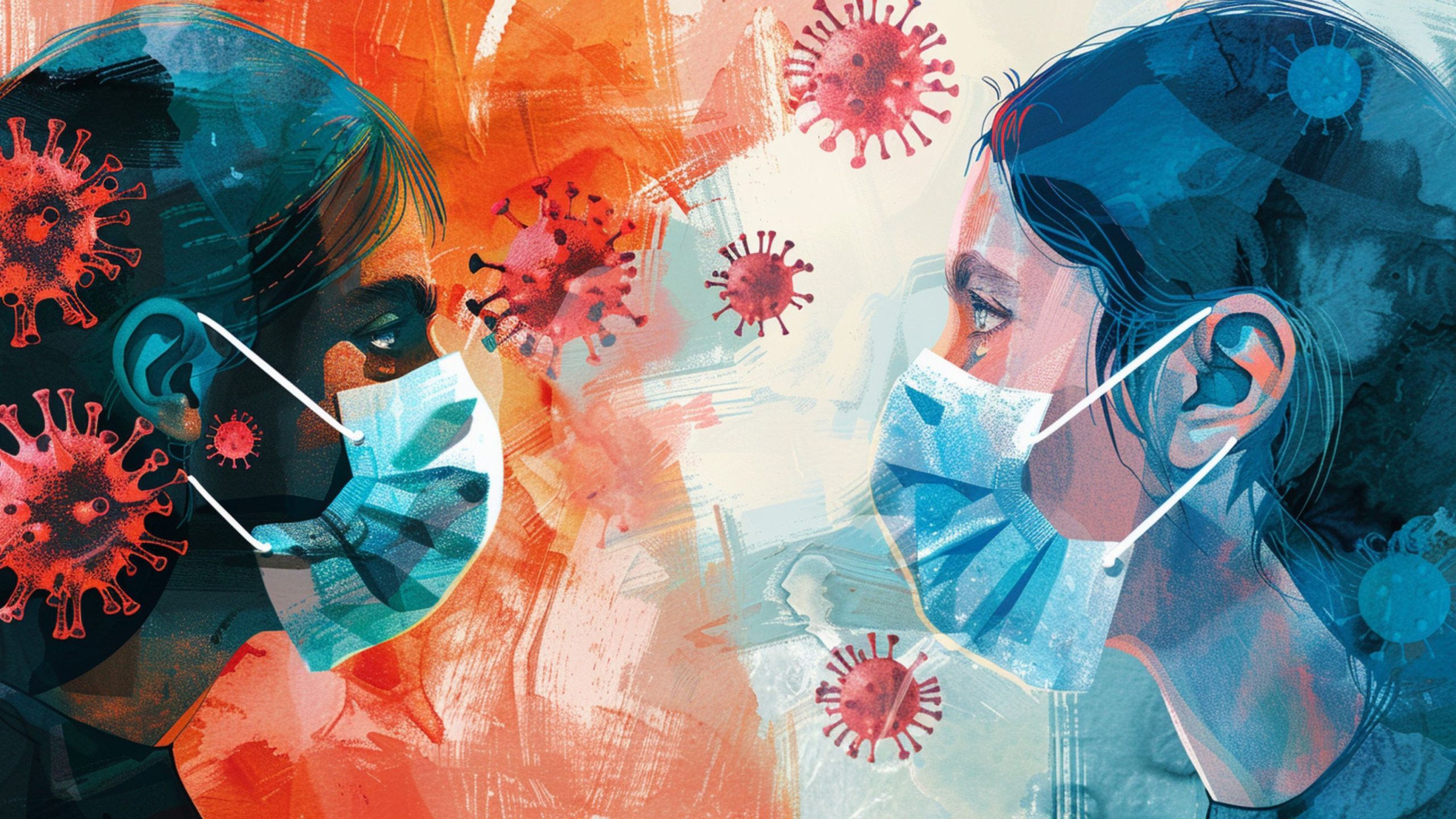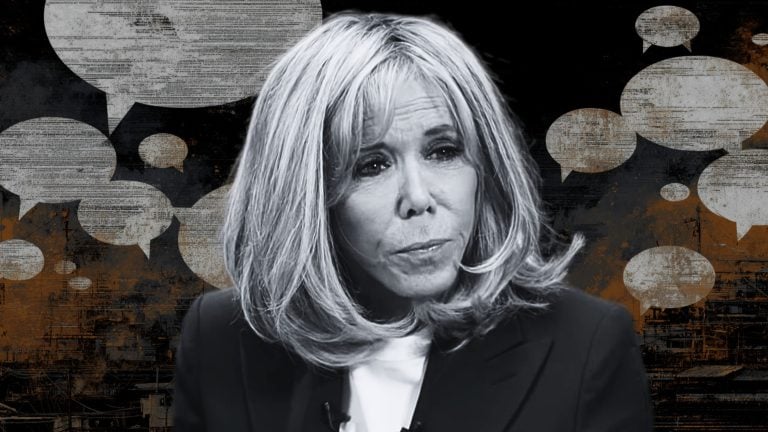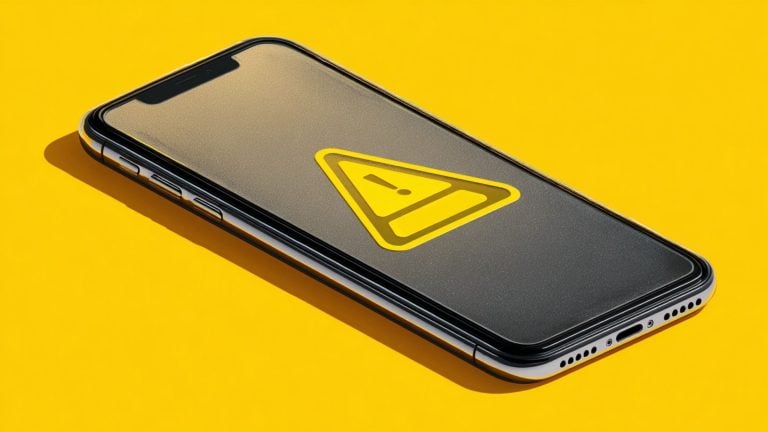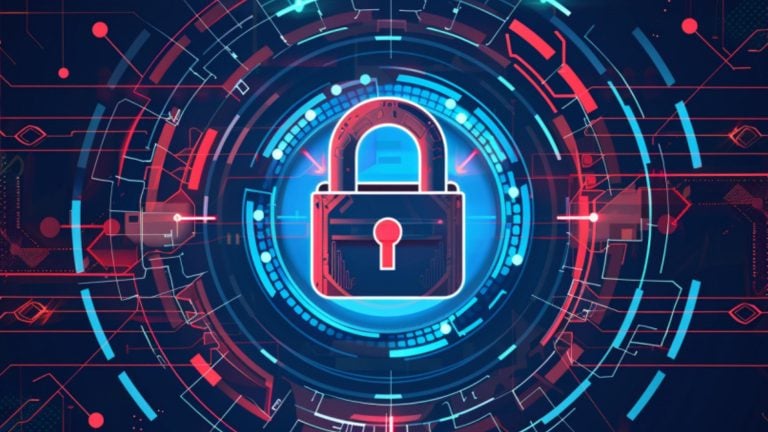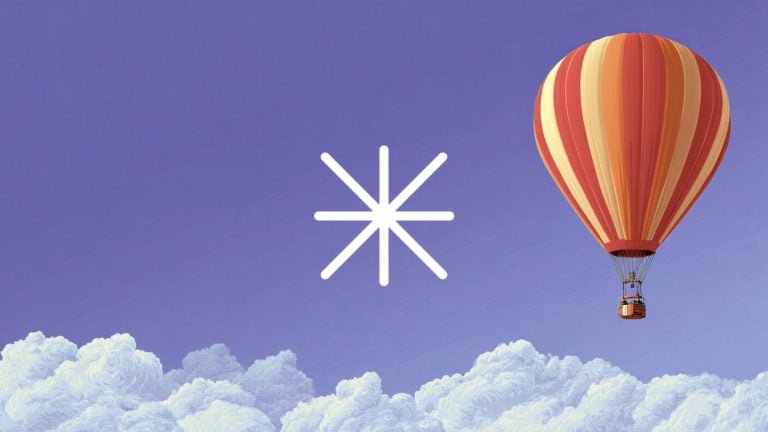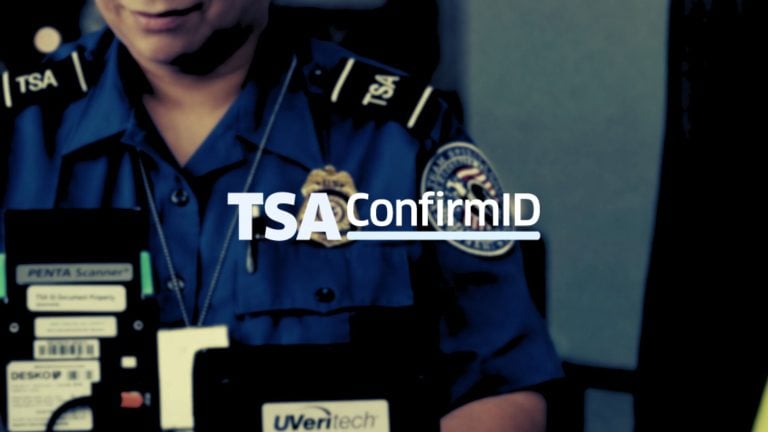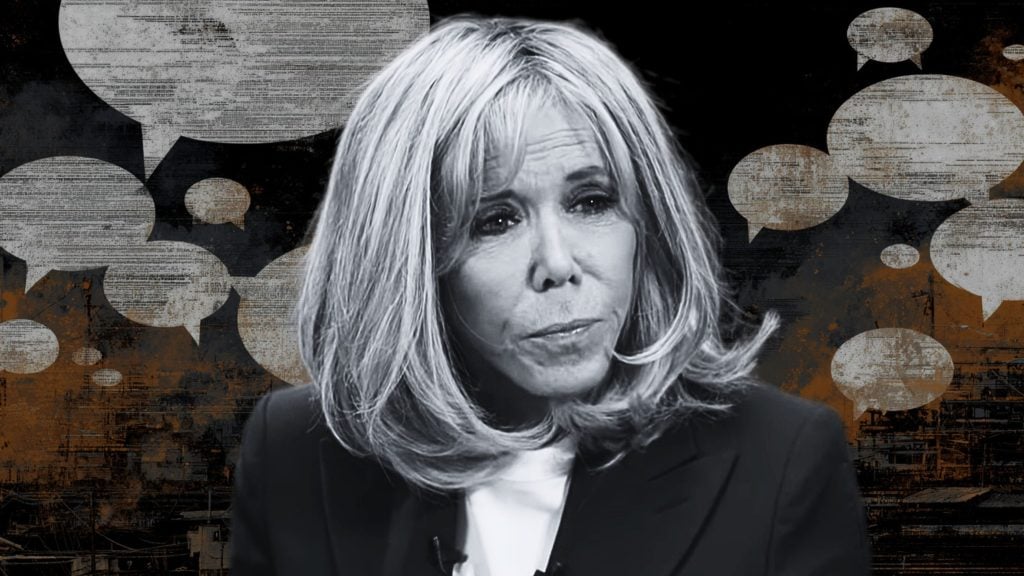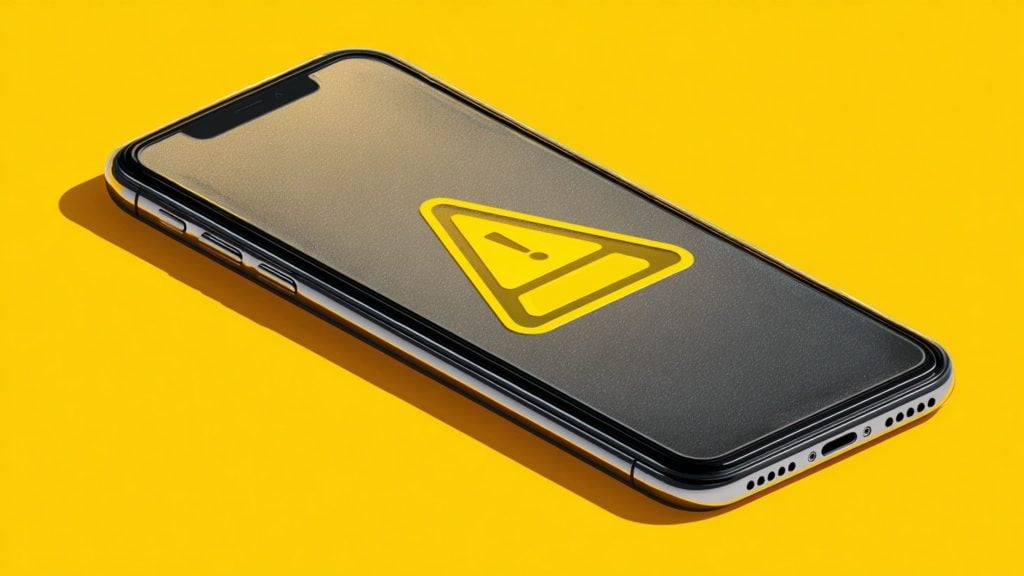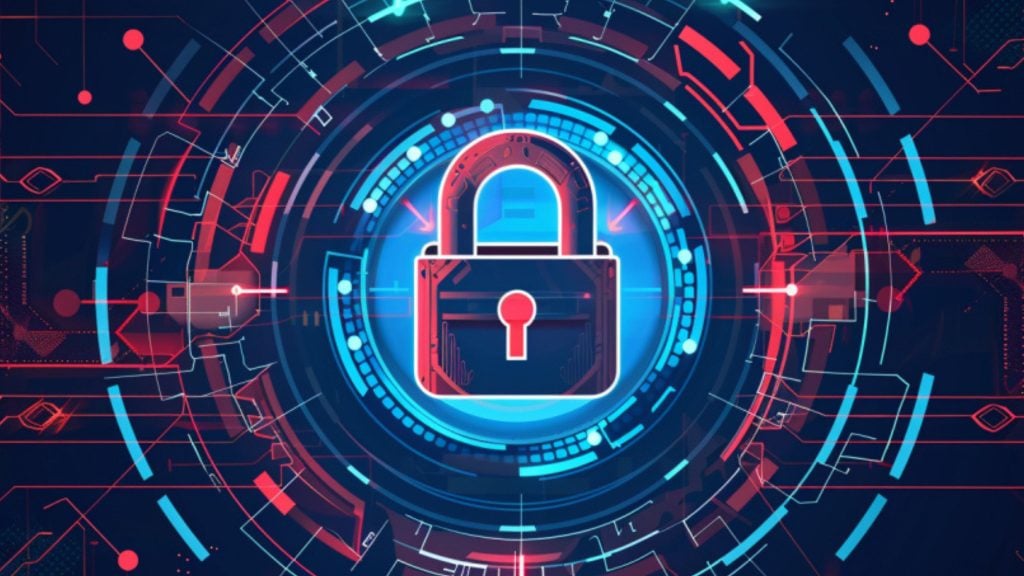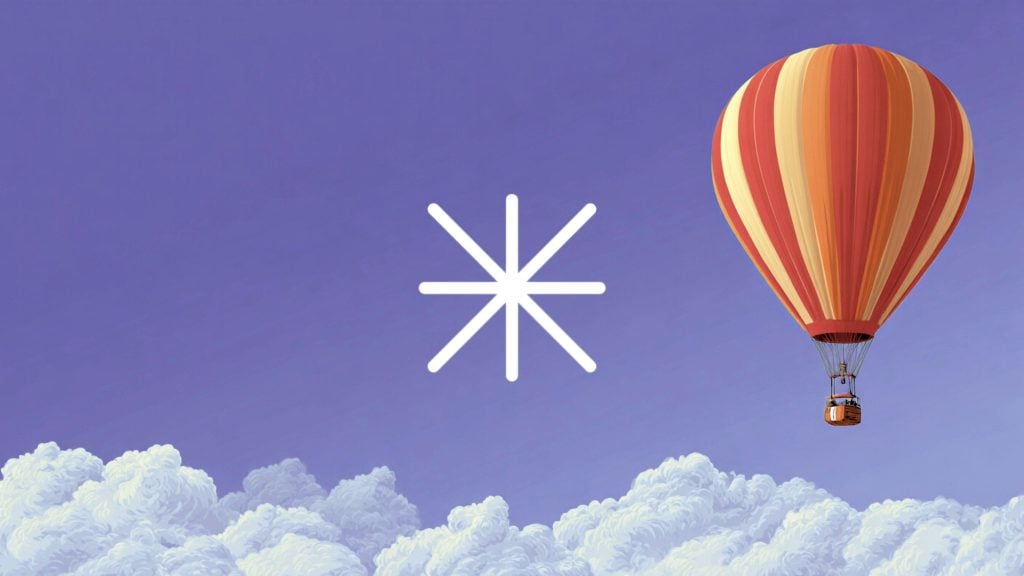The UN’s World Health Organization (WHO) is not the only entity engaging globally (the Gates Foundation comes to mind as another) that likes to turn to developing, or small and often functionally dependent states to “test” or “check” some of the key elements of its policies.
The pandemic put the WHO center-stage, and in many ways influenced the UN’s clear change of trajectory from its true purpose to assisting governments globally in policing speech and surveilling their populations.
The WHO is comfortable in conflating health-focused issues (its actual mandate), with what it presents as threats linked to “disinformation” and “AI.”
And it even worries that “health misinformation” is what is eroding public trust in “governmental bodies, media, health professionals and more generally the health sector, academic institutions, and the wider scientific community” – in other words, the entrenched elites, or elites who believe they need to remain entrenched at any cost.
All of this, is to promote the claim that the pandemic was a useful tool (“a catalyst”) that improved “misinformation management” – in the Pacific. Specifically, 17 island states, including Fiji and Tonga, were picked for the WHO’s “needs assessment,” carried out in November 2023.
We have an addition to the mis/dis/malinformation narrative – rumors. That’s another thing the WHO now looks to “manage” and the organization says the Pacific states – where it essentially went to learn how the pandemic influenced the authorities’ treatment of public discourse – identified this as one of their “top priorities” for this year.
Apparently understanding the results of its own “needs assessment” as a signal to go ahead and “build capacity” in these island states, the WHO reveals that this includes something called “enhancing social listening.”
It might sound like bureaucratic gibberish, but the WHO actually gives insight into what it’s about – analyzing conversations and narratives to understand public perceptions and concerns.
To what end? To “address” health misinformation and disinformation, the way this UN agency chooses to define them. And to implement its policies, the WHO has come up with a platform called “OpenWHO” (it seems no branding, especially of potentially controversial things, is these days complete without adding the word “open” to the name).
The WHO’s platform consists of “a range of tools, frameworks, training, and other resources” for combating misinformation, and here, it has been “further modified to the Pacific context.”

